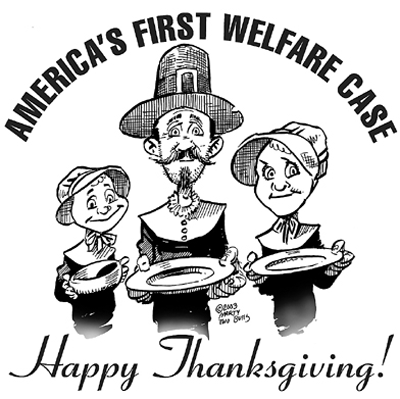
In her essay, “To Be Black, Female, and Literate: A Personal Journey in Education and Alienation”, Leonie C. R. Smith touches on her own experiences and how her own literacies have helped her to reach her destiny of becoming an educated woman. In her Literacy Narrative, Smith broke it up into two separate sections. In the first section, she tells how she grew up in Antigua and how she was raised through literacy and in the second section, she speaks of her trials and tribulations she faced in trying to further her literacies.
Growing up in Antigua, education and knowledge were instilled in Smith at an early age. She was introduced to literacy by both of her parents; especially her father seeing that his own mother was “schemed” out of her own property by an obeah woman that was more literate. Smith realized that becoming educated was necessary to succeed in life. Although various tragedies occurred to her and her family, she never let any of that interrupt her schoolwork and she continued to get an education. In her primary school education, Leonie C. R. Smith was taught British English, but in her home, with her friends and family, she spoke patois. It wasn’t a problem for her to change between the two, nor was it a problem for her to recognize the proper times to use each. She learned what she needed to learn in order to continue in her literacy. Leonie C. R. Smith said, “Looking at my family’s past, I realize that I came from a family of survivors, and the resilience that permeated throughout our family would prepare me for the life battles to come.”
Smith immigrated to Brooklyn, New York in 1987, where she soon began the 7th grade. She hoped that by moving to New York, that she could get past the obstacles she faced in Antigua and use it as an opportunity to reach farther. It ended up being that New York was a different place than she thought it would be. After scoring poorly on a literacy test, Smith was demoted from an already average class to an even lower one. “The difference in learning styles and the context of my literacy education were never taken into account. It never occurred to this assistant principal that someone like me, raised in the Caribbean and educated under a different system, would respond differently to the U.S. testing methods.” As she continues onto college, her problems continued as well. Smith decides to attend Hamilton College, thinking that she could only receive the best opportunities at a predominantly White institution. She admits to being naïve entering college and that she was completely unprepared for the “racism and ignorance” that witnessed. Smith was faced with adversity and isolation from not only the students, but the professors as well. Smith was strong-minded and nothing was going to get in the way of her getting her education.
Despite all that she went through, Leonie C. R. Smith prevailed and recognized that by dealing with racism, it not only made her a stronger woman, but also helped her to realize that she can stand up for others dealing with it as well. Throughout her narrative, she relates her story to that of Tee’s in the novel “Crick Crack Monkey” by Merle Hodge. Much like Tee, Smith was very excited to attend college and by doing so she furthered her education and accomplished things that many can not because they are classified as illiterate.
“Education, we are told, is the key that opens the imaginary door to success.”
-Leonie C. R. Smith.











